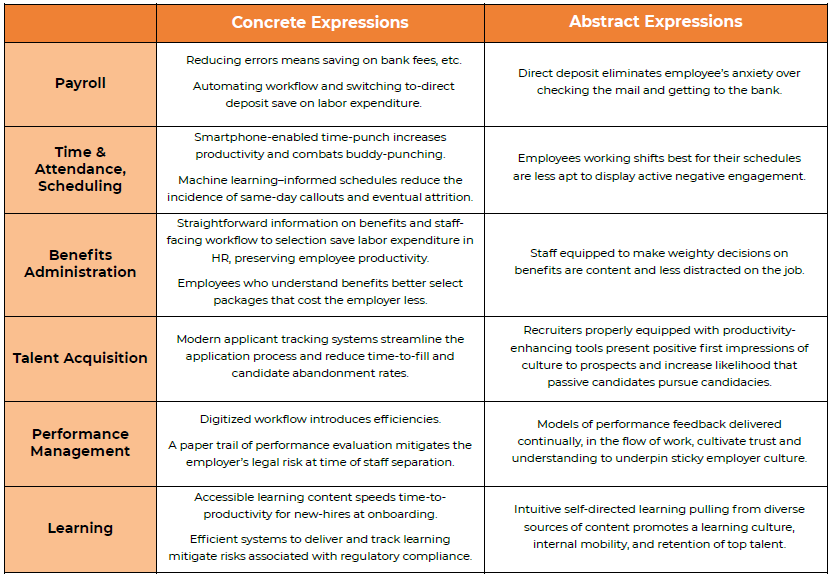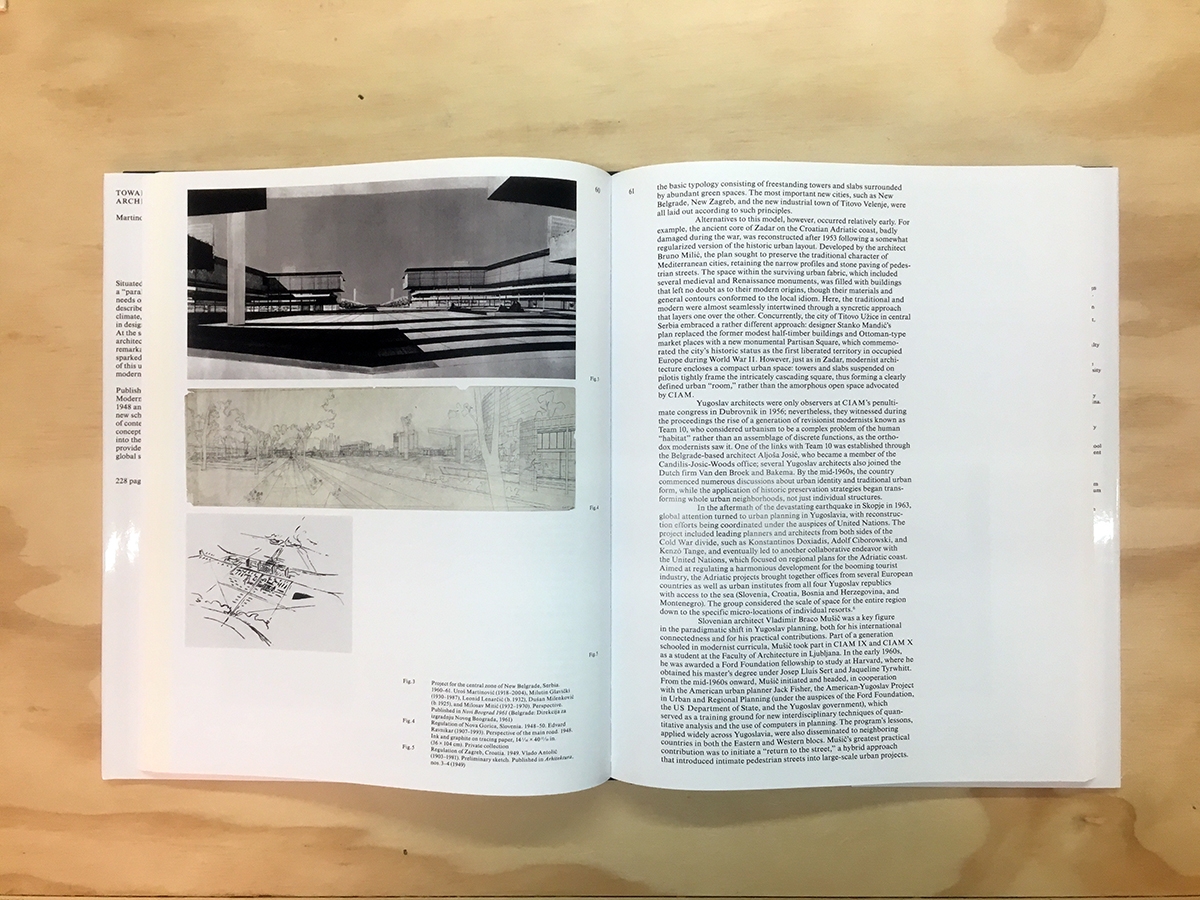

What I am calling “concrete utopias,” with a gesture to Ernst Bloch and Étienne Balibar, nevertheless differs from those other uses of the term (and of the term “real utopias” as well).

Placing emphasis on the thesis of the “ban on images,” Martin Saar argued against the idea of making utopian thought in any way “smaller.” Somewhat paradoxically-perhaps dialectically-Saar rejected not only blueprints but also “smaller” concrete utopias, in addition, naturally, to Utopia (with a capital U), while nevertheless holding on to the need for utopian thought. For me, the rich conversation helped crystalize the concept of “concrete utopias” that I am proposing in these seminars. Martin Saar similarly embraced the ambivalence and negation-in effect, the dialectical nature of critical thought-but pushed in a different direction.

Determinate negation works through the internal contradictions to possibly prefigure the new and, thus, works with what might be possible. The concept of “determinate utopias” is founded on the theoretical move of “determinate negation” that is at the heart of Critical Theory-and that Theodor Adorno discusses in his debate with Ernst Bloch. Rahel Jaeggi argued that this ambivalence might productively lead us toward a concept of “determinate utopias,” as opposed to “concrete utopias” as I am using the term in these seminars. The rich and provocative conversation with Rahel Jaeggi and Martin Saar on the Frankfurt School and utopian thought, at Utopia 10/13, underscored the productivity of Critical Theory’s ambivalence toward the concept of utopia-the productivity of its worries about the danger of utopian “blueprints” and their tendencies toward authoritarianism.


 0 kommentar(er)
0 kommentar(er)
